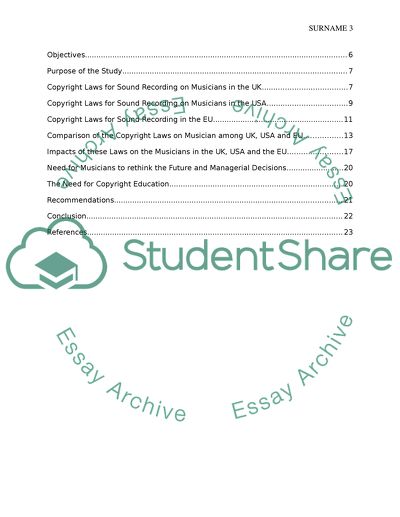Cite this document
(“The Impact of the differences between the United Kingdom, United Dissertation”, n.d.)
The Impact of the differences between the United Kingdom, United Dissertation. Retrieved from https://studentshare.org/law/1437732-the-impact-of-the-differences-between-the-united
The Impact of the differences between the United Kingdom, United Dissertation. Retrieved from https://studentshare.org/law/1437732-the-impact-of-the-differences-between-the-united
(The Impact of the Differences Between the United Kingdom, United Dissertation)
The Impact of the Differences Between the United Kingdom, United Dissertation. https://studentshare.org/law/1437732-the-impact-of-the-differences-between-the-united.
The Impact of the Differences Between the United Kingdom, United Dissertation. https://studentshare.org/law/1437732-the-impact-of-the-differences-between-the-united.
“The Impact of the Differences Between the United Kingdom, United Dissertation”, n.d. https://studentshare.org/law/1437732-the-impact-of-the-differences-between-the-united.


